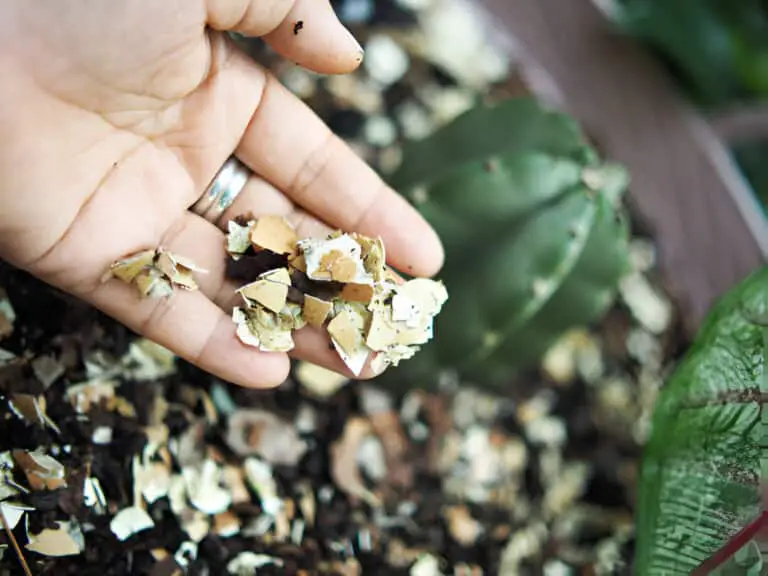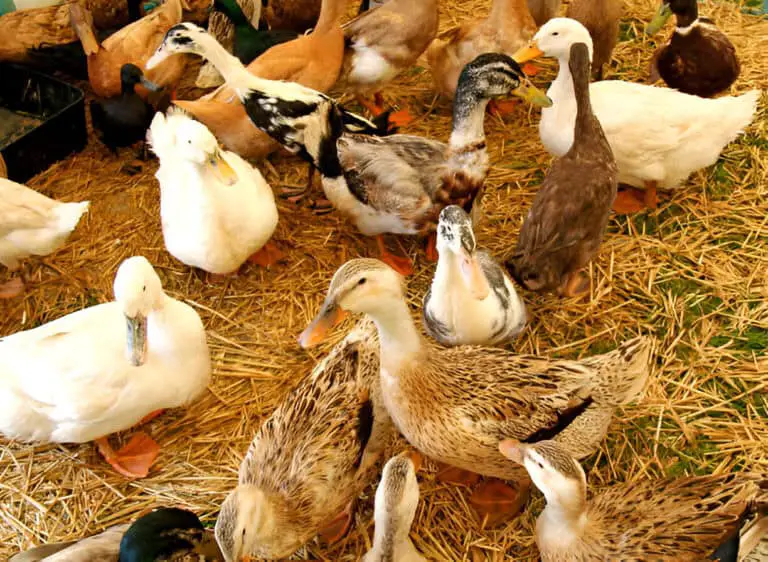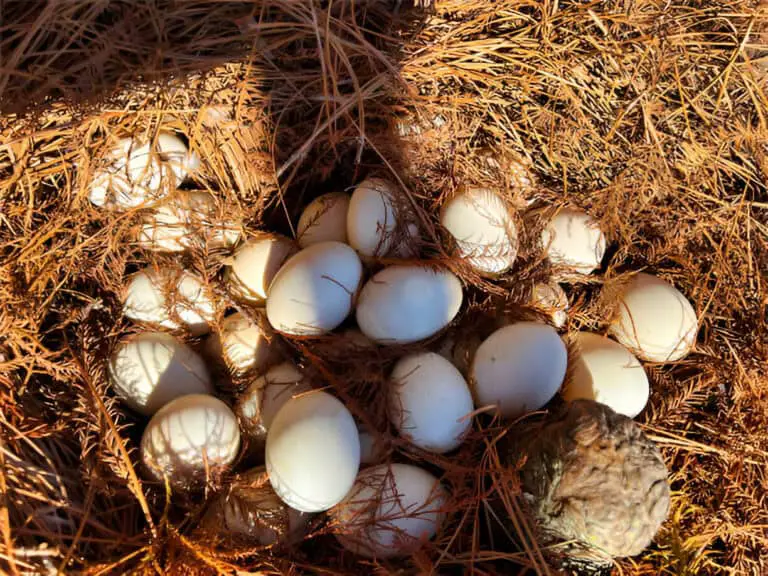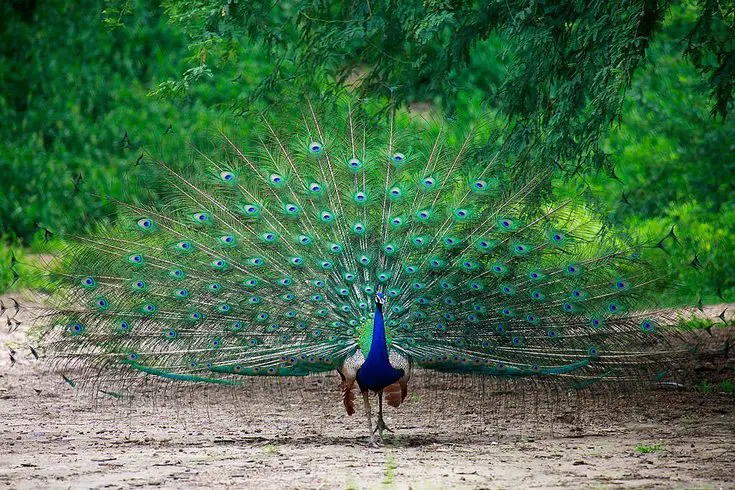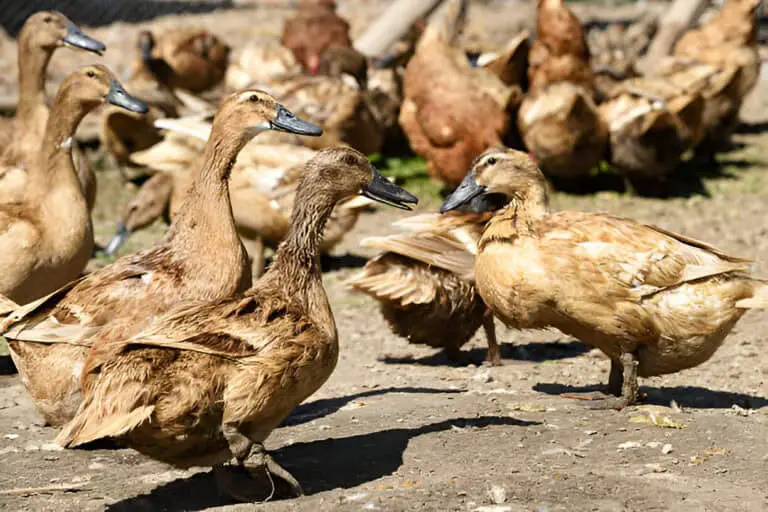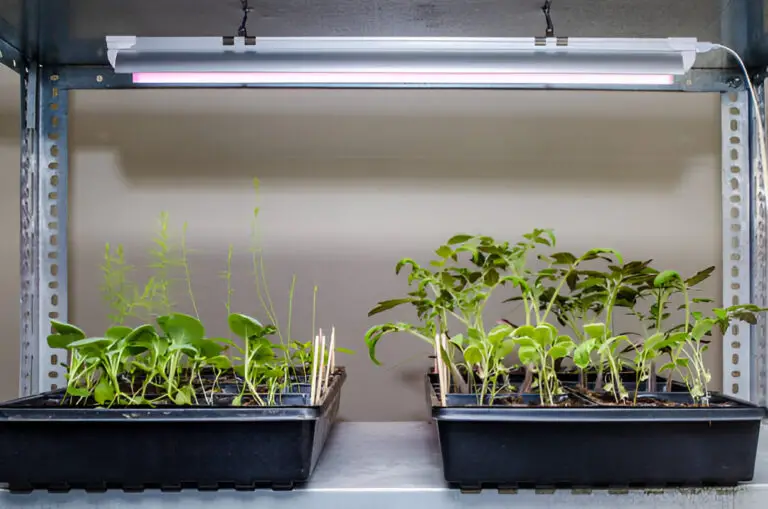How to Keep Ducks Hydrated: Simple Solutions for a Thirsty Flock
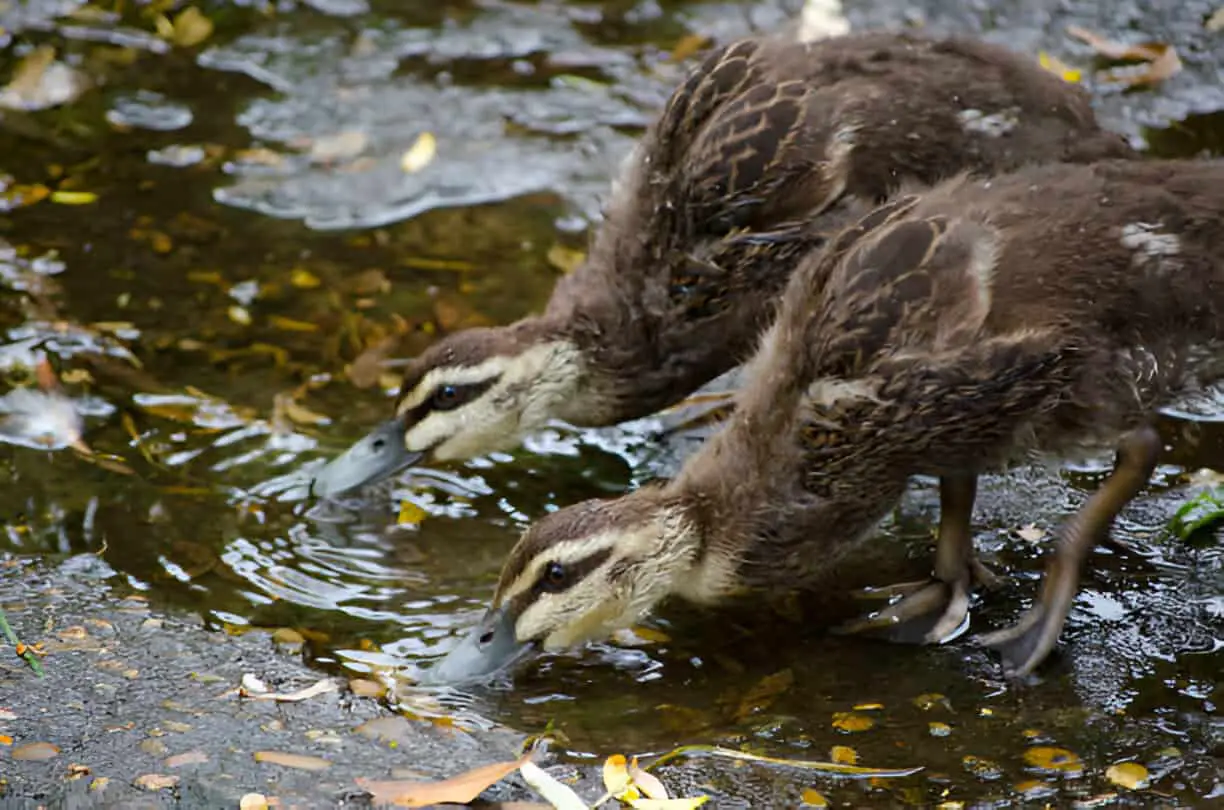
Let me tell you, when it comes to ducks and water, you’re not just providing a drink—you’re serving up a splash party. My flock doesn’t delicately sip like dainty little teacup poodles. No, they dive in, dunk their heads, and slurp like it’s the last rain on Earth. Keeping them hydrated isn’t just about filling a bowl; it’s about making water a lifestyle.
Hydration plays a critical role in their digestion, egg production, and even temperature regulation. Miss a beat, and you’ll have grumpy ducks and messy problems. Let’s break down how to keep your waddling crew watered and happy, without turning your backyard into a muddy swamp.
Why Hydration Matters for Ducks
Ducks need clean, cool water not only to drink but also to:
- Clear their nostrils and eyes
- Aid in food digestion
- Regulate their body temperature
- Preen and maintain feather health
Here’s a quick comparison:
| Function | What Water Helps With | Without Water… |
| Digestion | Softens grains and feeds | Impacted crops, choking risk |
| Cooling | Panting isn’t effective in ducks | Heat stress, lethargy |
| Preening | Keeps feathers waterproof | Matted, unhealthy plumage |
| Breathing | Clears sinuses | Respiratory issues |
So if you’ve ever thought, “They have a pond for raising ducks—they’re good,” think again. Ducks need multiple fresh sources daily. The pond’s a playground, not the water cooler.
How Often Do Ducks Need to Drink Water?
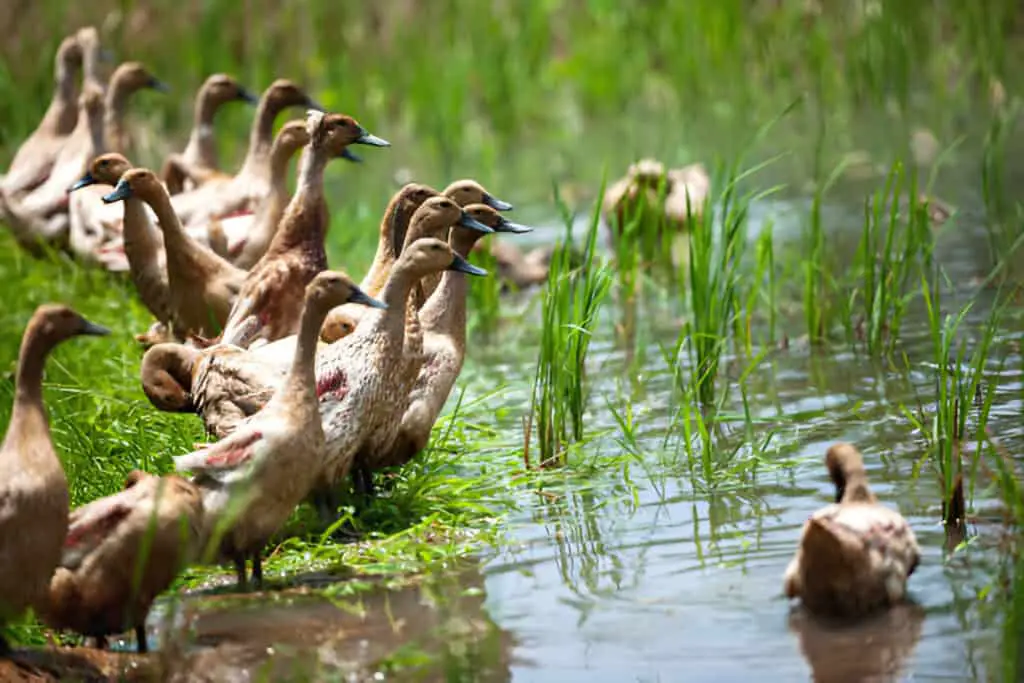
Ducks are water-loving creatures, and they need plenty of fresh water every day to stay healthy and happy. On average, a duck will drink about 1 liter of water per day. This water isn’t just for hydration—it’s also essential for keeping their eyes, bills, feet, and feathers in top condition. Without enough water, ducks can face problems like dry or irritated skin and eyes, and they might have trouble grooming themselves.
It’s also important that the water is deep enough for them to dunk their heads and wash their bodies. Ducks love to submerge their heads to clean their beaks and eyes, and having access to this kind of water allows them to maintain their natural grooming habits.
Here’s a quick breakdown of duck water needs:
- 1 liter of water per duck per day
- Deep enough water to submerge their head and clean their body
- Fresh, clean water to maintain healthy feathers and hygiene
By providing ducks with ample water, you’ll help them stay in peak condition!
| Read: Can Ducks and Geese Crossbreed? Myth or Possibility? |
My Setup: Buckets, Basins, and Backups
I learned the hard way that one kiddie pool won’t cut it. I rotate between:
- Two 5-gallon buckets filled each morning
- A shallow basin for dunking their heads
- Automatic waterers for backup on hot days
The real trick? Keeping it clean. Ducks are messy little goblins. They’ll muck it up with food, dirt, and whatever mysterious gunk they find. I clean their water containers daily, sometimes twice on hot summer days.
DIY Watering Station (Dirt Cheap and Duck-Approved)
You don’t need fancy poultry plumbing. Here’s my favorite hack:
Materials:
- A large rubber feed pan
- A plastic jug (milk or vinegar jug works well)
- Small spigot or poultry nipple
Steps:
- Fill the jug with clean water.
- Cut a small hole near the bottom of the jug and insert the spigot.
- Sit it inside the rubber pan—gravity refills it as they drink.
- Clean every other day, especially in warm weather.
Simple. Cheap. Effective. The ducks can drink and splash, and I don’t need to babysit a hose.
Water Sources: What Works (and What Doesn’t)
Let’s be real—not all water is duck-friendly.
Great Water Options:
- Clean tap water
- Rainwater collection (filtered)
- Natural pond or stream (if flowing)
Avoid:
- Stagnant puddles (parasite risk)
- Chlorinated pool water
- Water sitting in metal containers that rust
Ducks aren’t picky, but their health is. If you wouldn’t drink it, they shouldn’t either.
Weather Watch: Hydration in Heat and Cold
In the heat, I refill their water three times a day. Ducks can’t sweat, so they rely on panting and water access to cool down. I even toss in frozen peas or ice cubes to make hydration a little more interesting.
In the winter, don’t let the water freeze. I use heated bowls and floating de-icers to keep things thawed. Here’s my go-to setup:
| Temperature (°F) | Hydration Tip |
| 90+ | Ice treats, refill 3x/day |
| 70-89 | Clean water, 2x/day |
| 32-69 | Monitor for dirt, clean daily |
| Below 32 | Heated bowl or replace every few hours |
What to Watch For: Signs of Ducks Dehydration
If your ducks start to look sluggish or keep their beaks open like they’re panting—time to act.
Warning Signs:
- Sunken eyes
- Sticky or dry mouth
- Lethargy or weakness
- Hard crop or trouble swallowing
When I notice any of these, I’ll isolate the duck, offer cool water with electrolytes, and gently dribble water on their beak to encourage drinking. Most of the time, they bounce back quickly.
Electrolyte Boosters: My Secret Weapon
Electrolytes aren’t just for marathon runners. Ducks benefit too—especially in extreme temps or after stress (like a predator scare or long travel).
Natural Electrolyte Recipe:
- 1 tbsp sugar
- 1/8 tsp salt
- 1/8 tsp baking soda
- 1 quart water
Stir and serve it once a week in warm months, or daily during a heatwave. It’s like Gatorade for the flock—keeps their energy up and prevents dehydration.
Keep It Moving: Why Ducks Prefer Flowing Water
I noticed my ducks drink more when water is moving. So I rigged up a simple solar-powered fountain in their little pool. Ducks don’t care about aesthetics, but the gentle trickle keeps water oxygenated and appealing.
Bonus: it discourages mosquitoes and algae. Win-win.
How Long Can Ducks Go Without Drinking Water?
Ducks are highly dependent on water for both hydration and overall well-being. Whether you’re raising them for eggs, meat, or simply as adorable backyard pets, ensuring they have constant access to water is essential. Ducks need water not just for drinking, but for their grooming habits and even for cooling off.
While ducks can technically go without water for a short period, the longest they should be without access is eight hours. However, even this brief time without water can start to negatively impact their health. Dehydration can lead to problems like reduced egg production, lethargy, and difficulty in digesting food properly.
Here’s a quick look at duck hydration needs:
- Max time without water: 8 hours
- Consequences of dehydration: Reduced egg production, lethargy, poor digestion
- Water importance: Helps with hydration, grooming, and cooling off
To keep your ducks happy and healthy, always make sure they have fresh water available, even if you’re just out enjoying their company.
Final Thoughts from the Duck Side
Raising ducks taught me this: water isn’t optional, it’s everything. It’s not just for hydration—it’s for health, happiness, and even feathered friendship. When I make water easy and fun for them, I end up with a thriving, chatty, mud-loving crew that lays well, stays healthy, and looks like they just walked off the cover of Duck Fancy (if that were a thing).
So grab a hose, some buckets, and a little creativity. Hydration doesn’t need to be complicated—it just needs to be consistent. Your ducks will thank you with waggly tails, clean bills, and maybe even a few extra eggs.

